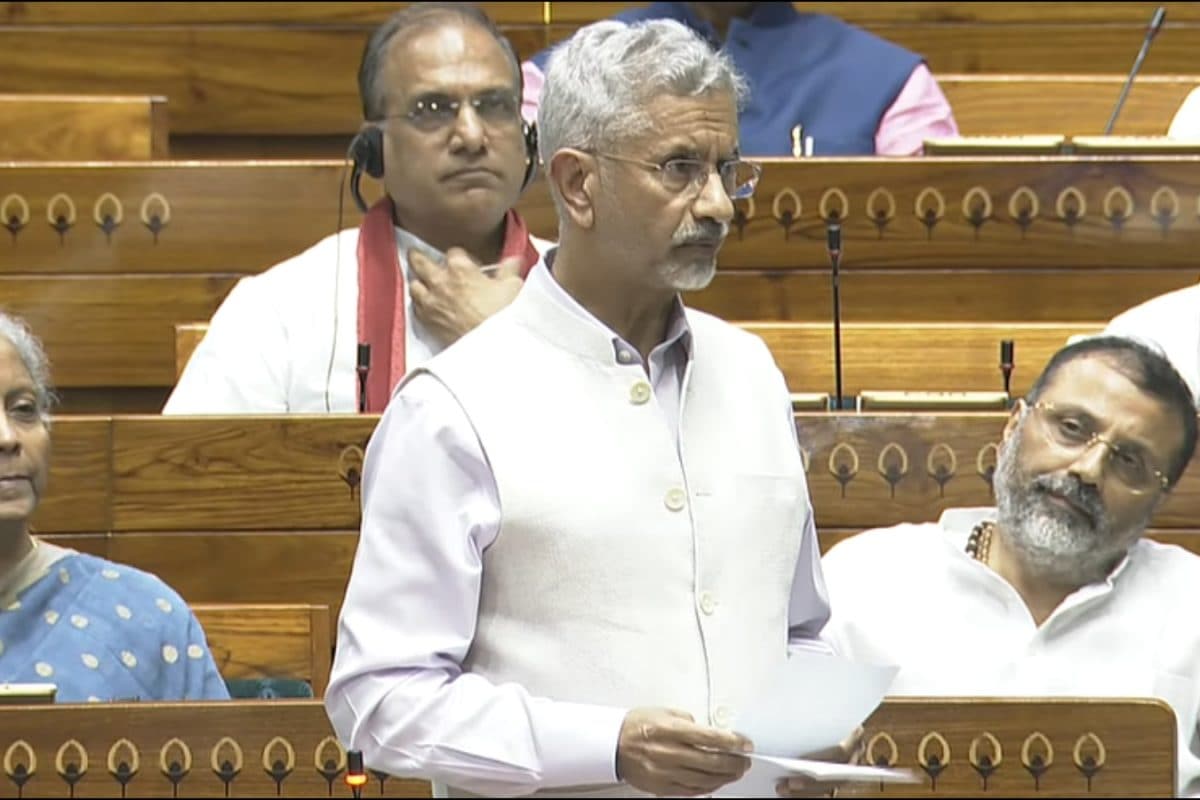

External Affairs Minister S. Jaishankar has strongly defended India's diplomatic efforts surrounding Operation Sindoor, asserting that they successfully shaped global understanding of Pakistan's history of cross-border terrorism and reinforced India's policy of zero tolerance towards such acts. Speaking in the Lok Sabha during a special discussion on "India's strong, successful, and decisive Operation Sindoor in response to the terror attack in Pahalgam," Jaishankar emphasized the importance of sending a clear, strong, and resolute message after the Pahalgam attack, stating that India's "red lines had been crossed".
Jaishankar highlighted that India's diplomatic outreach following the Pahalgam attack aimed to create a narrative that would pave the way for Operation Sindoor. According to him, this resulted in a situation where only three out of 190 UN nations opposed Operation Sindoor, with overwhelming recognition that a nation under attack has the right to defend itself. He also clarified that there was no linkage between trade and Operation Sindoor in any conversation with the United States. The request to halt military action, according to Jaishankar, came from the Pakistani side through the Director General of Military Operations (DGMO) channel.
Furthermore, Jaishankar outlined India's diplomatic goals at the UN Security Council (UNSC), even though Pakistan was a member and India was not at the time. These goals included securing a UNSC endorsement for accountability in the Pahalgam attack and ensuring global backing to bring the perpetrators and sponsors of terror to justice. He referred to the UNSC statement of April 25, where the Council condemned the Pahalgam attack in the strongest terms, declared terrorism a threat to global peace, and affirmed the need to hold those responsible accountable.
Jaishankar also lauded the efforts of the seven all-party delegations that traveled abroad to explain India's stance against cross-border terrorism and Operation Sindoor. He mentioned speaking to 27 counterparts and receiving 35-40 letters of support for India. Prime Minister Narendra Modi also reportedly spoke to 20 of his counterparts.
Operation Sindoor itself was described as a meticulously orchestrated act of calibrated coercion, demonstrating military precision in the service of political messaging. It marked a shift in India's doctrine from restraint to reciprocal risk and from deterrence-by-denial to deterrence-by-punishment. India now seemingly treats major terror attacks as acts of war, responding across air, land, and sea while maintaining escalation control.
In the aftermath of Operation Sindoor, India faces the task of maintaining its strategic initiative and preserving its narrative dominance. This involves portraying Operation Sindoor as a necessary response to Pakistan's continued support for terrorism and ensuring that the international community understands the reasons behind India's actions.
Adding a different perspective, Baloch representative Mir Yar expressed "unconditional moral support" to India, calling it a "beacon of hope for oppressed nations". In a letter to PM Modi, he suggested that an independent Balochistan would disrupt the China-Pakistan Economic Corridor (CPEC) and open trade routes for India to Central Asia and the Middle East.
However, it's important to note that some observers have questioned the extent of India's diplomatic success following Operation Sindoor. Former Indian ambassador Venu Rajamony suggested that the international reaction has been nuanced, with no country explicitly endorsing India's attack on Pakistan. He cautioned against conflating image with strategy and called for a more mature foreign policy debate.